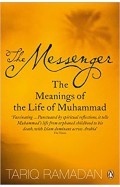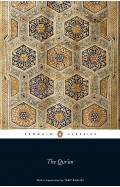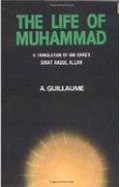Ornament and Decoration in Islamic Architecture
By: Dominique Clevenot, Gerard Degeorge
-
Rs 11,295.00
Due to constant currency fluctuation, prices are subject to change with or without notice.
Ornament and Decoration in Islamic Architecture
By: Dominique Clevenot, Gerard Degeorge
Rs 11,295.00 Ex Tax :Rs 11,295.00
Zubin Mehta: A Musical Journey (An Authorized Biography)
By: VOID - Bakhtiar K. Dadabhoy
Rs 630.00 Rs 1,050.00 Ex Tax :Rs 630.00
The Greatness Mindset - Unlock the Power of Your Mind and Live Your Best Life Today
By: Lewis Howes
Rs 4,895.00 Ex Tax :Rs 4,895.00
How to Understand and Deal with Health Anxiety - Everything You Need to Know to Manage Health Anxiety
By: Katy Georgiou
Rs 2,995.00 Ex Tax :Rs 2,995.00
Decisionscape - How Thinking Like an Artist Can Improve Our Decision-Making
By: Elspeth Kirkman
Rs 9,995.00 Ex Tax :Rs 9,995.00
Where Research Begins - Choosing a Research Project That Matters to You (and the World)
By: Thomas S Mullaney
Rs 8,395.00 Ex Tax :Rs 8,395.00
The Interior Design Handbook - Furnish, Decorate, and Style Your Space
By: Frida Ramstedt
Rs 8,195.00 Ex Tax :Rs 8,195.00
The Messenger: The Meanings of the Life of Muhammad
By: Tariq Ramadan
Rs 2,335.50 Rs 2,595.00 Ex Tax :Rs 2,335.50
Rumi :The Big Red Book The Great Masterpiece Celebrating Mystical Love And Friendship -
By: Coleman Barks
Rs 2,425.50 Rs 2,695.00 Ex Tax :Rs 2,425.50
The Greatness Mindset - Unlock the Power of Your Mind and Live Your Best Life Today
By: Lewis Howes
Rs 4,895.00 Ex Tax :Rs 4,895.00
How to Understand and Deal with Health Anxiety - Everything You Need to Know to Manage Health Anxiety
By: Katy Georgiou
Rs 2,995.00 Ex Tax :Rs 2,995.00
Decisionscape - How Thinking Like an Artist Can Improve Our Decision-Making
By: Elspeth Kirkman
Rs 9,995.00 Ex Tax :Rs 9,995.00
Where Research Begins - Choosing a Research Project That Matters to You (and the World)
By: Thomas S Mullaney
Rs 8,395.00 Ex Tax :Rs 8,395.00
The Interior Design Handbook - Furnish, Decorate, and Style Your Space
By: Frida Ramstedt
Rs 8,195.00 Ex Tax :Rs 8,195.00
No recently viewed books available at the moment.
Zubin Mehta: A Musical Journey (An Authorized Biography)
By: VOID - Bakhtiar K. Dadabhoy
Rs 630.00 Rs 1,050.00 Ex Tax :Rs 630.00
Ornament and Decoration in Islamic Architecture
By: Dominique Clevenot, Gerard Degeorge
Rs 11,295.00 Ex Tax :Rs 11,295.00
The Greatness Mindset - Unlock the Power of Your Mind and Live Your Best Life Today
By: Lewis Howes
Rs 4,895.00 Ex Tax :Rs 4,895.00
How to Understand and Deal with Health Anxiety - Everything You Need to Know to Manage Health Anxiety
By: Katy Georgiou
Rs 2,995.00 Ex Tax :Rs 2,995.00
Decisionscape - How Thinking Like an Artist Can Improve Our Decision-Making
By: Elspeth Kirkman
Rs 9,995.00 Ex Tax :Rs 9,995.00
Where Research Begins - Choosing a Research Project That Matters to You (and the World)
By: Thomas S Mullaney
Rs 8,395.00 Ex Tax :Rs 8,395.00
The Interior Design Handbook - Furnish, Decorate, and Style Your Space
By: Frida Ramstedt
Rs 8,195.00 Ex Tax :Rs 8,195.00










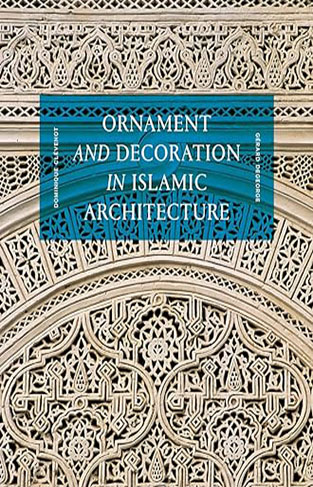
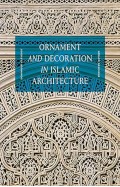
-120x187.jpg?q6)












